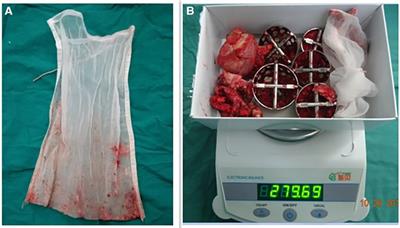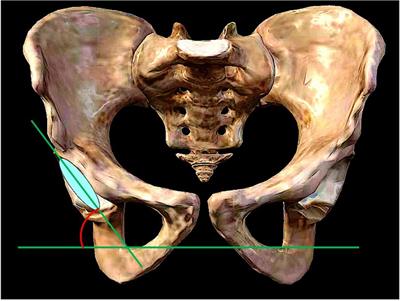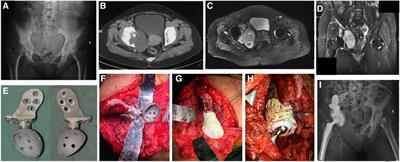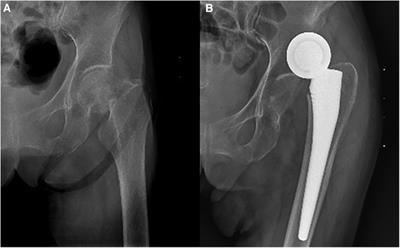ORIGINAL RESEARCH
Published on 30 Jul 2024
Forgotten joint score associated with prosthesis weight in cementless total hip arthroplasty: a prospective clinical study

doi 10.3389/fsurg.2024.1210668
- 546 views
1,204
Total downloads
6,357
Total views and downloads
ORIGINAL RESEARCH
Published on 30 Jul 2024

ORIGINAL RESEARCH
Published on 30 May 2024

ORIGINAL RESEARCH
Published on 05 Mar 2024

ORIGINAL RESEARCH
Published on 16 Oct 2023
